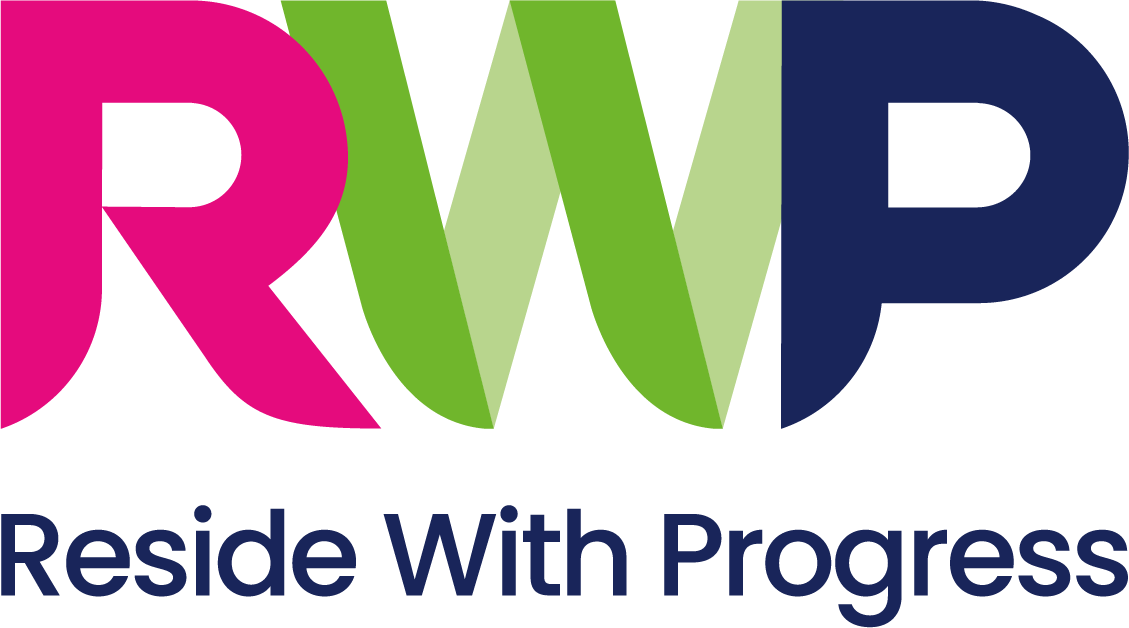
Tenant Q&A: understanding how to support our tenants
Latest news
As part of our work for World Autism Acceptance Week (27 March-2 April), Annette Stevens, our Director of Housing Operations chats with David Robinson, one of our supported living tenants and representatives who is autistic.
Q: What do you think is the most difficult thing for an autistic person when settling into a new home?
A: The short answer? Practically anything because it depends on the person and how autism affects them.
Q: Is it important to you that family and friends can visit you at home?
A: Oh yes, indeed. Having the option of family and friends being able to visit is very important.
Q: How can we make living in our properties easier for autistic people?
A: I talk about three important values that are essential in positive working relationships between landlords, support providers through to tenants and their families. They are communication, co-operation and co-ordination. These three Cs are watchwords - if one of them is missing, the other two won’t function. It risks everything falling apart, resulting in bad customer service.
Q: How could we make an RWP Housing Officer's visit easier?
A: Preliminary communication is essential (the three Cs!) to know what is going to happen when they visit. Some people won't know what to expect, and this could be unsettling.
Q: What sensory needs do you have? How can RWP improve on this?
A: I rely on the three Cs – communication, co-operation and co-ordination and use them positively.
Q: Do you find communicating with RWP difficult? How can we make it easier for you?
A: No, I don’t find communicating with RWP difficult, thanks to the website and I can email the necessary contacts where it’s needed. Once again - the three Cs.
Q: How important to you is your support worker?
A: Communication, co-operation and co-ordination are important here, just as they are when I’m communicating with anyone from RWP. Positive and productive working relationships are essential.
Q: What would you find difficult about sharing with other housemates?
A: Well, I’ve lived in outreach for over 10 years. But from my experiences living where there are communal areas, it depends on a balance of leading a private life, yet being ”communal” with your neighbours. People do lead their own lives as individuals even in shared properties, but it’s great when you have time together, especially when they all get along!!
Q: If we had to carry out repairs or maintenance work to your home, how could we make that easier for you?
A: Again the three Cs come into play. One area could be a provisional timeslot (say between 11am and 1pm) instead of “Morning” and “Afternoon”, where you might have to wait in for a repair team. If the repair isn’t able to be done that day, it should be communicated as soon as this is known.
Q: What more could we do to be an accessible and inclusive housing association?
A: Maintain the three Cs to the highest possible standards. It’s by doing this that RWP found itself nominated for a housing award last year. We set standards for other housing associations to follow and be inspired too!
You can read David's blog about living with autism here

